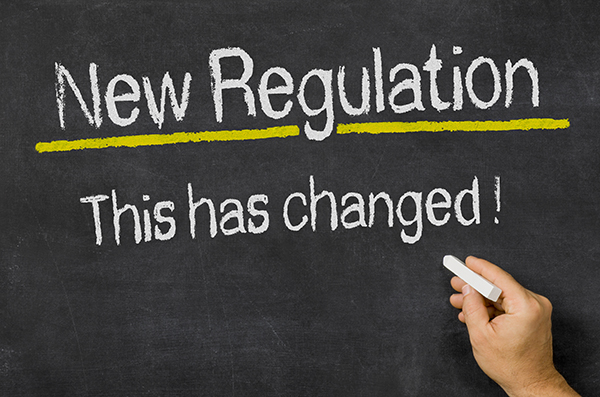Like every year, certain changes to the laws and regulations have gone into effect as of 1 July. The biggest changes, that will have a direct impact on our lives are as follows.
1. No more unwanted sales calls – As of 1 July, telemarketers cannot call you unless they have your prior consent or you have used their services in the last three years. However, if an energy supplier or other business calls you within three years after the termination of your contract, you can ask to be put on the Do Not Call List and they have to abide by your request. The telemarketer must also ask you themselves if you want to be put on the Do Not Call List during the call.
2. No more discounted beer and wine – Big discounts on your favorite beer and wine are a thing of the past. Supermarkets and liquor stores are not allowed to give more than a 25 percent discount on alcohol. However, you can still enjoy happy hours at your favorite bar or terrace, as the rule only applies to alcoholic drinks that are bought elsewhere than they are consumed.
3. Maximum rent increase – There is a possibility that the rent for social housing may not increase this year. For those renting on the free market, your landlord can increase the rent by a maximum of 2.4 percent. Service costs may rise by a higher percentage, but not without a detailed explanation of why the costs have gone up.
4. Shopping outside the EU – If you have been enjoying bargain shopping at one of those Chinese or American websites, I am afraid it’s time for it to come to an end. Until now, no VAT had to be paid on packages valued at less than €22. However, from 1 July, all international packages are charged a 21 percent VAT. Another thing to keep in mind is that certain carriers charge an over and above delivery fee if the VAT is not calculated and this should be immediately paid along with the order.
5. Increasing energy prices – The prices for gas and electricity are going up on 1 July. This is due to an increase in the demand for gas because of the recent cold months. Electricity rates will also go up, as gas is used in the generation of electricity. The increase in the energy rate will depend on your energy contract. If you have a fixed price for a certain period and that contract didn’t end by 1 July, the rates will not change.
Households with old energy meters cannot enjoy lower energy tariffs at night anymore. It might be a good time to contact your energy provider for an upgrade of your meter.
6. Increased minimum wage – As of 1 July, the statutory minimum wage for employees aged 21 and above has increased by almost 17 euros to €701.80 gross per month. The minimum wage for youth has also go up. The amounts vary from €510 euros gross for 15-year-olds to €1,360 for 20-year-olds.
7. Deposit on small plastic bottles – From now on all small plastic bottles must be returnable for a deposit.
8. No more single-use plastic – As of 1 July disposable products made of single-use plastic or bioplastic may no longer be sold.
9. No more smoking areas – Smoking areas are no longer allowed in public or semi-public areas.
10. Paying more for your savings – Many banks already charge negative interest rates for amounts higher than €250,000 per account. From now on that limit is lowered to €100,000 at banks such as Rabobank, SNS and ING. ABN AMRO has limited the amount to €150,000.
11. Entrepreneur’s tax and tax debt – Entrepreneurs will have to start paying taxes again from 1 July. As for the tax debt collected over the corona crisis period, they can start paying as late as 1 October 2022, and take up to 5 years to repay the taxes they owe.
12. Gift vouchers – these are now valid for at least two years from the issue date.
13. Digital Corona Certificate – the EU digital corona passport is available from 1 July via the CoronaCheck app.
Written by Priyanka Sharma
